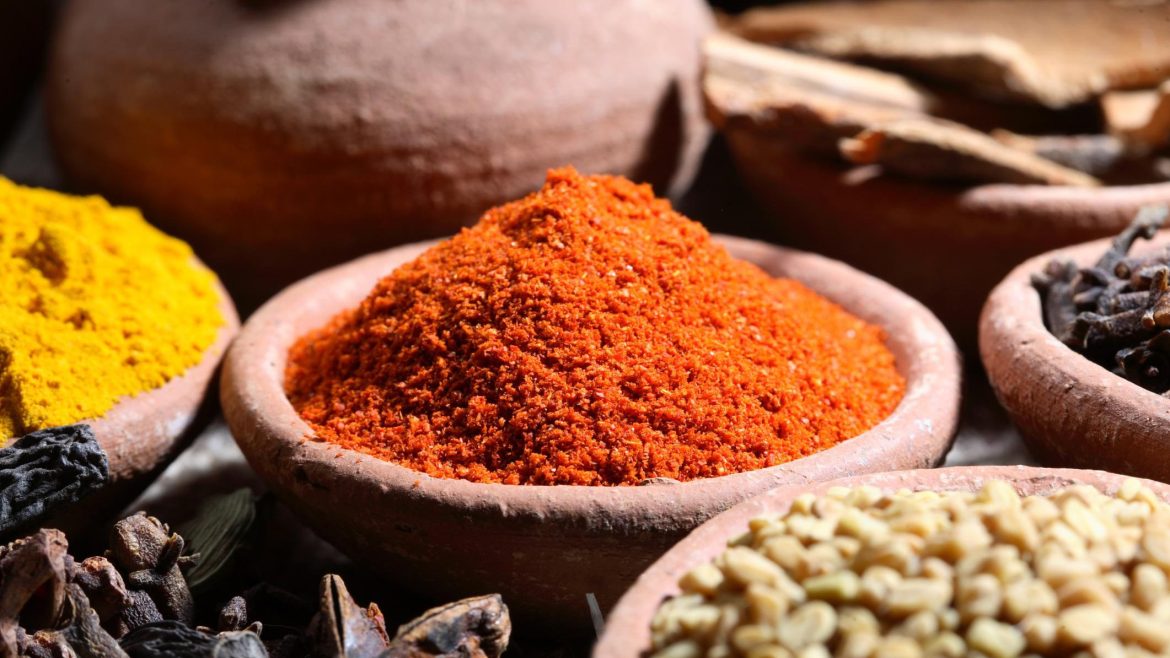Masala tea is a type of tea that is simmered for long periods of time and contains spices such as green cardamoms, cloves, cinnamon and black pepper. It is also sometimes referred to as masala chai. It is a popular drink in India and some parts of South Asia. It is also a popular film genre in Bollywood.
Definition
The dictionary definition of masala is an aromatic combination of spices and herbs that are used to season food. It is also known as a relish or condiment. Masala can be eaten with roti, rice or bread. It is often served with meat or fish dishes and is also an ingredient in many Indian curries.
People with the name Masla are deeply sentimental and tend to cry when they hear sad stories. They seek comfort and security in their lives, and they appreciate the refinements of life. They can be quite sensitive and emotional, and they will fall in love easily. With a natural authority, they command their peers’ respect and admiration. Those with this name possess an unrivaled ambition and a fierce independence that sets them apart from the rest.
Origin
Masla is an Arabic girl name that carries celestial and positive qualities. People with this name are known for their confidence and self-reliance, but they also have a deep desire to find peace and comfort in life. They often have a powerful presence and natural authority that draws in those around them. Those with the name Masla tend to be a bit more emotional than others, but they are still highly competent and energetic. They can be somewhat stubborn, but they also have a tendency to take risks and challenge the status quo. This can lead to a lot of conflict in their lives, but they usually manage to find a solution to the problem.
In addition to facilitating communication between members and their employers, the MASLA also offers a number of valuable negotiations resources. For example, it maintains a Negotiation Award Data Bank that contains information about arbitrated awards and settlements. This information is useful to both experienced and less-experienced advocates. It can also help attorneys identify similar situations and patterns in the cases that they are pursuing. The MASLA also maintains a regional directory that enables its members to request valuable negotiations data from other members in their region.
The name Masla is a feminine name that originates from the Arabic word meaning “cite”. It is also known as a religious name and can be found in different languages. It is a very popular name in Muslim countries, but it is not as common in other cultures. Those with this name are often very vocal and love to express their feelings. They can be quite expressive, which can sometimes come across as rude. The numerology number for Masla is 1. This number symbolizes independence and individuality. It also indicates that the person is capable of being a leader, even in difficult circumstances. They should try to avoid relying on others for assistance, and instead focus on building their own strengths. This will allow them to achieve greater success in their endeavors.
Meaning
The masla is the number one in the Arabic numbers system. It means independence, self-reliance, and capability to lead others. It is also an omen to shift from negative energies and to find new beginnings with more vigor and positivity. A Problem, a matter difficult to settle or to determine the truth of; an affair difficult of solution; a doubtful case. It is also a mathematical term for the line that bisects another line, or draws a perpendicular to it.
Conclusion
This word comes from the Irish language, from dia (“god”) + masla (“insult, opprobrium”). It is related to Scottish Gaelic masladh. It has a similar meaning to the Welsh word blaisfeim (“blasphemy”). The masla is a huge stuffed crepe, often filled with various ingredients, from spicy mashed potatoes (the masala dosa) to lamb curry. The dish is served with a sprinkle of garam masala and red chili powder on top. It is a popular street food in many parts of India, Bangladesh, Pakistan, and Afghanistan. It can also be found in restaurants across the globe.

